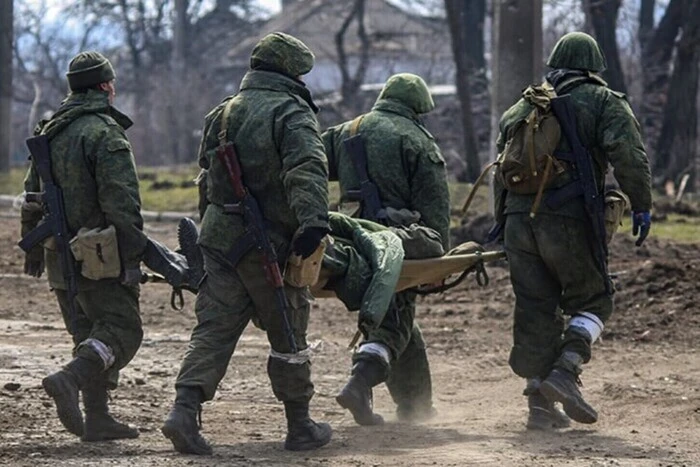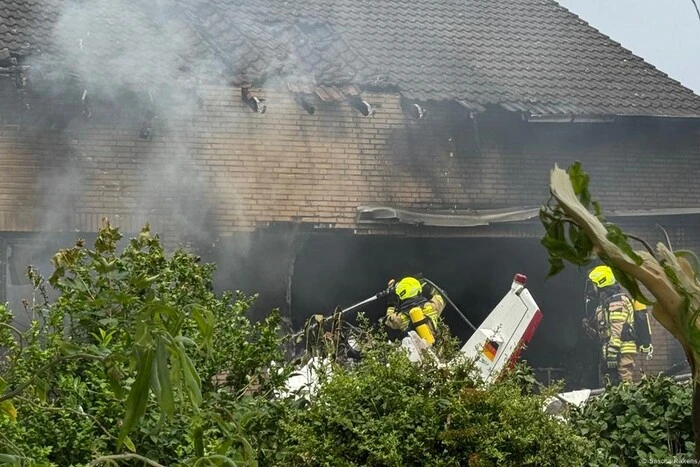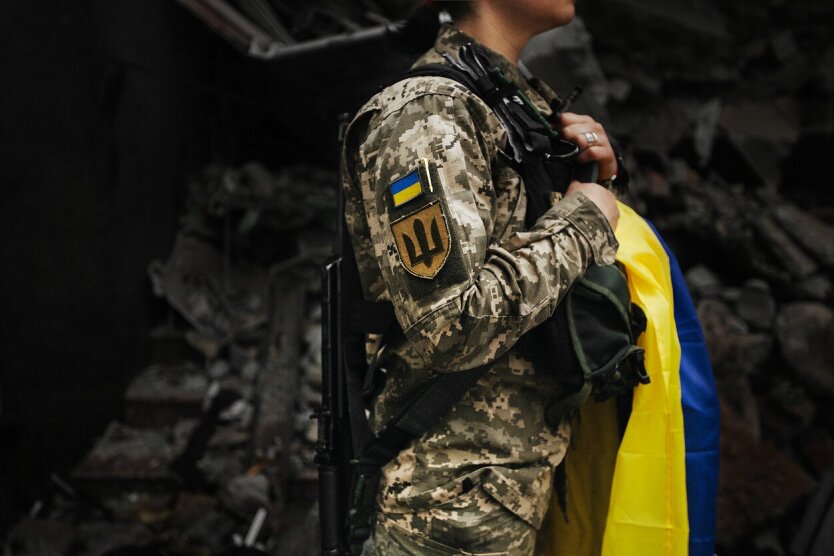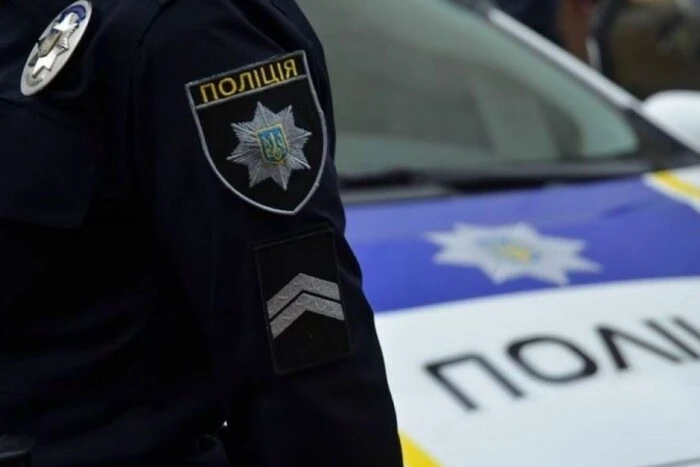Journalists named the regions of Russia that lost the most soldiers in the war in Ukraine.


Shocking statistical data on Russian casualties in the war with Ukraine
A group of BBC News journalists in collaboration with the Russian publication 'Mediazona' and volunteers identified over 110,000 Russians who died during the war with Ukraine since the beginning of the full-scale invasion. This data was presented in the publication 'Glavkom'.
Analysis showed that the likelihood of death in the war for men from Tuva or Altai is 30-40 times higher than for residents of Moscow.
Per 10,000 male population, the most casualties were in Tuva (120), Buryatia (91), and the Altai Republic (89). In Moscow, this figure is only 3 casualties per 10,000 men.
Other data shows that in Tuva, nearly a quarter of the casualties were convicted, recruited into private military companies or the army. Losses in Tuva and Buryatia exceed the figures in Dagestan, Ingushetia, Tatarstan, and Bashkortostan.
Taking these data into account, journalists estimated that the total number of dead could range from 191,000 to 269,000 if other deceased among the militants of 'DNR' and 'LNR' are included.
“Regions where life expectancy is low and the likelihood of dying from external causes is high are more willing to participate in the war. People are driven not so much by poverty, but by a lack of prospects and loss of hope.”
The conducted analysis reveals shocking statistical data on Russian casualties due to the war with Ukraine. This information helps to better understand the social and economic factors that influence citizens' participation in military conflicts.
Read also
- In Germany, a plane crashed into a residential building: there are fatalities
- Potatoes Disappear in Belarus
- New threats from Russia: MP named cities that Ukraine may lose
- Payments to military personnel: Ukraine has changed a key point for receiving money
- Returned from abroad to join the military. Let us remember Sergeant Mykola Hrytsiuk
- It became known how many police officers are on the front line










